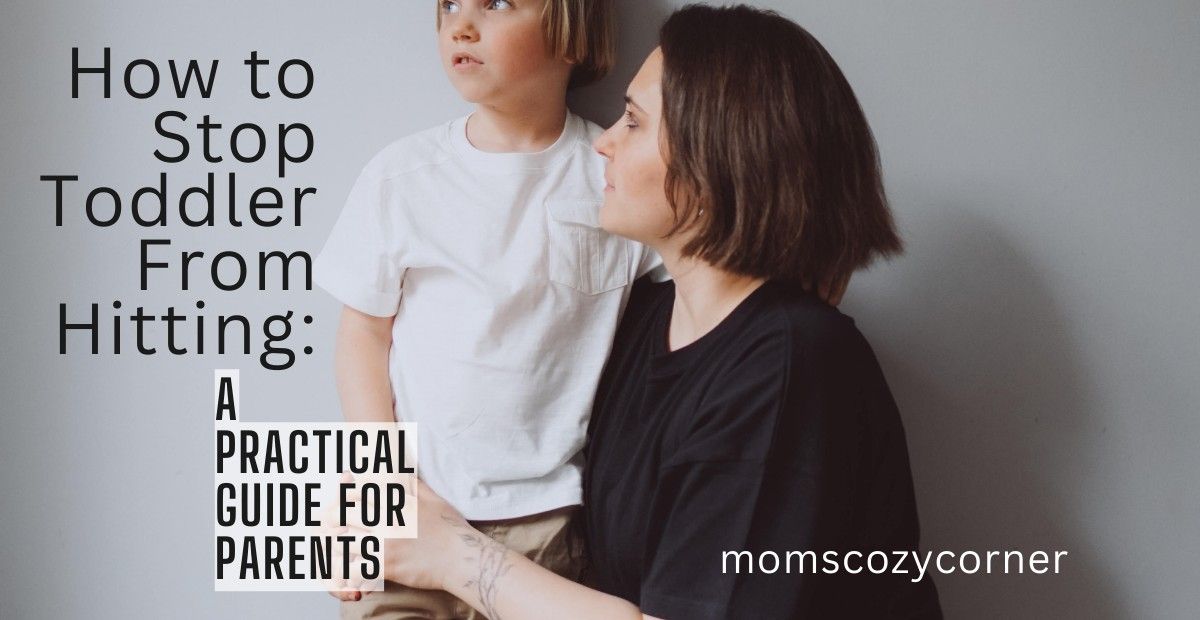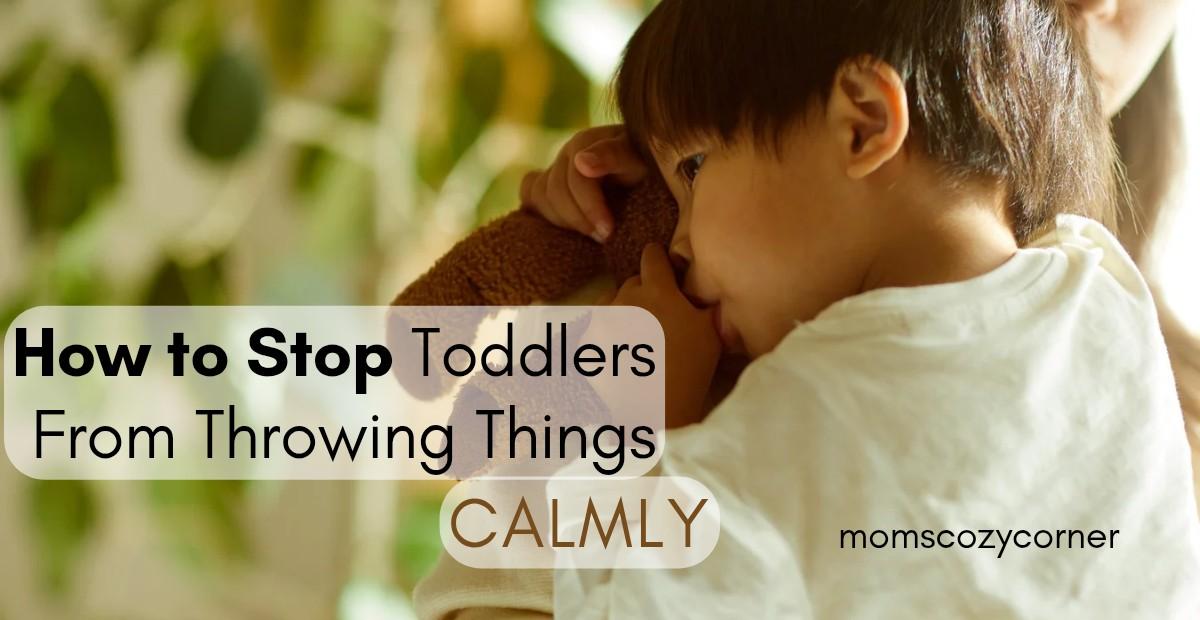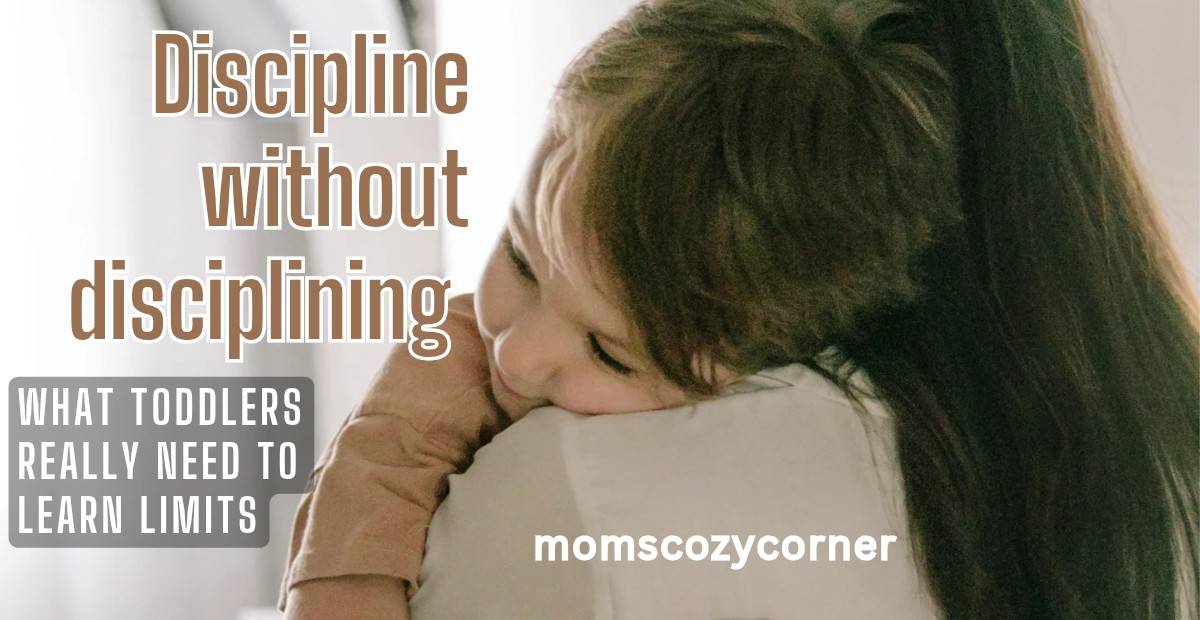How to Discipline a Teenager That Won’t Listen – Without Losing Them
Introduction
You know the word “teenager”? Yeah, it gives most moms that instant eye-roll feeling. Every generation says it: “Teens just don’t listen!” I don’t have teens at home (yet), but girl, I’ve heard the stories. One of my closest mom friends recently went through a stormy patch with her teen, and it left an imprint on me. I figured, hey, maybe her experience can help another mama out there. Because here’s the truth: the struggle to discipline a teenager who won’t listen? It’s real. It’s raw. And it’s not just your house. Phones, attitude, zero responsibility… it isn’t new. It’s just louder now.

Why Teens Push Back (Even When They Love Us)
Let’s get real. When kids hit the teenage years, something shifts. It’s like they start silently screaming:
- “You can’t control me anymore.”
- “I know more than you think I do.”
- “I’m growing up, whether you like it or not.”
And it hurts. Because to us, they’ll always be our babies. But they don’t want to be babied anymore.
As moms, we still see them as the same little ones who used to hold our hands crossing the street. But now they slam their doors, roll their eyes, and say things like “You just don’t get it.”
Truth is:
- They start seeing us as outdated.
- They believe their friends “get them” more.
- They crave freedom but don’t know how to ask for it without fighting.
That pushback? It isn’t always rebellion. It’s identity. They’re figuring out who they are. And sometimes, they need to push off of us to feel their own strength.
So no, it’s not hate. It’s not war. It’s transformation.
And they still need us—just in a new way.
“I’m not a child anymore—treat me like a man, treat me like a woman.” That’s what their actions say. And that’s where it gets tough—to discipline a teenager who won’t listen like they used to. But most times, it’s not rebellion—it’s their way of asking for respect.
A Real Story: When Her Teen Finally Said “Enough”
One of my closest friends has two kids—a teenage daughter and a younger son. Like many of us, she put a lot of expectations on the older one.
When did they fight? She blamed her daughter.
When emotions ran high? She sometimes let her frustration out physically, then felt guilty.
Her daughter never really spoke up. She’d just walk away in tears.
But one day, that changed.
They got into another fight. Same pattern. But this time, her daughter pushed back hard.
“You always take his side. You never even ask what happened. You act like he’s innocent and I’m always the bad one.”
That moment? It broke something wide open.
Her mom told me later she had never seen her daughter so upset, so raw, so real. All those buried feelings finally came spilling out.
She called me in tears. “I didn’t mean to hurt her. I just wanted the fight to end. I told her the same things my parents used to tell me:
“Be the elder, be responsible.”
I didn’t judge her. I listened. Because honestly? Parenting isn’t about being perfect. It’s about learning. And in that moment, she started learning for real.
She realized she wasn’t just raising a girl—she was raising a young woman with opinions, frustrations, and feelings. And that moment became a turning point.“Her feelings are valid. I need to change.” That’s what she said. And she meant it.
5 Real-Life Discipline Strategies That Actually Help (Not Hurt)
After that big turning point, we sat down and talked things through. She was open to trying a new way. So we came up with a few strategies. First one?
Stay Calm, Even When They Aren’t
When both sides raise their voices, it’s a full-blown storm. No one hears anything.
She started telling herself:
“Respond, don’t react.”
Was it easy? Not even close. Especially when the person you’ve raised starts yelling or rolling their eyes. But she committed to it.
She messed up, sure. But she started seeing the difference.
When she stayed calm, things didn’t blow up.
When she yelled back, it spiraled out of control.
Each calm response was like planting a tiny seed of peace.
“I realized the calmer I was, the more she trusted me to listen—especially when she didn’t know how to say what she felt.”
Sometimes what looks like defiance is actually quiet suffering.
How to Discipline a Depressed Teenager: USA Moms’ Easy Guide
If staying calm with teens feels hard—well, it starts way earlier. Here’s how practicing calm responses from the early years helps shape trust later too.
How to Be a Better Parent Without Yelling
Set Boundaries—Not Just Rules
Then came the lie.
Her daughter said she had a rehearsal after school. But the teacher said otherwise. She had gone out with a friend.
Instead of going full-mama-bear, she sat down and said,
“You don’t have to lie to me. Let’s make a deal—if you want to go out, tell me where and when you’ll be back. Break the time? You stay home next time.”
She also added:
“If you need money, don’t sneak it. Ask. We can talk about it.”
But here’s the twist: her daughter didn’t immediately change. She lied again.
That hurt. But instead of getting loud, she followed through:
“You crossed the boundary. So for one week, no outings. I’ll drop you off and pick you up.”
Her daughter was stunned. Not because of the consequence—but because her mom stayed calm.
Boundaries work when they’re consistent and fair. Not emotional punishments—but steady reminders of trust.
“That was the moment she saw I meant what I said. And I wasn’t trying to trap her—I was guiding her.”
If you’ve ever been in this same gut-punch moment, I wrote another post that dives deeper into how to handle a teenager who lies—with love, not lectures. It even includes a free printable journal to help you process those tough moments. Read it here.

Include Them in Family Decisions—It Builds Respect
One of the easiest changes? Asking for her daughter’s opinion.
Weekend plan? She asked,“Movie or dinner? Which place would you like?”
The result?
- A smile.
- An actual conversation.
Before, she was just told what the plan was. Now, she gets a say. And that tiny shift changed everything.
“She felt like a part of the team, not just the kid tagging along.”
It wasn’t a big thing, but when you’re trying to discipline a teenager who’s learning to listen in their own way, small acts like this build respect and belonging.
Listen More Than You Speak
Here’s a tough truth: her daughter used to share everything. But slowly? That stopped.
One-word answers.
“Nothing happened.”
Closed doors.
She realized something:
“I was always interrupting with advice. I made her feel like her feelings didn’t matter.”
So she stopped.
She started small conversations.
Asked about class stuff she heard from other moms.
When her daughter opened up, she just listened.
“No judgment. Just presence. That brought her back to me.”
School isn’t just about grades—it’s their social world, their safe (or unsafe) space.
Kids Have to Go to School: Why USA SAHMs Should Embrace It
“Knowing what’s going on in their life is more important than correcting them. You can’t guide a kid you don’t understand.”
School life comes with its own emotional load—peer pressure, competition, comparison. That’s why I truly believe mental health should be part of their learning too.
Why Should Mental Health Be Taught in Schools for Kids’ Growth.
Praise Effort, Not Just Results
Her daughter wasn’t topping the class. And that made her worry.
But one night, she saw her daughter studying late. She looked exhausted. So instead of saying, “Is that all you did?” She said:
“I saw you studying till 11. That matters to me. You tried. I’m proud of your effort.”
It didn’t turn her into a straight-A student overnight. But her confidence grew.
“Not every kid is meant to be a doctor or engineer. Some are dancers, and some are artists. The arts add flavor to the world. That’s where my girl shines.”
So she signed her up for vocal training. And you know what? Her grades improved—not drastically, but enough. Because she wasn’t scared of failing anymore.
And if you ever feel like you’re failing as a mom while trying your best — you’re not alone.
How Do I Learn to Trust Myself While Failing as a Mom
Final Thoughts
Mama, parenting teens isn’t a script. It’s a living, breathing journey.
Their mood today might depend on what happened five minutes ago.
What works with one child might flop with the next.
And what worked last week might totally fail today.
So don’t look for perfection. Look for connection.
Because to truly discipline a teenager who won’t listen, we need more than rules—we need heart. Try. Adjust. Listen. And most of all—lead with love and respect.
Your teen will mess up. So will you. But if they feel safe, seen, and supported? They’ll keep coming back.
“There’s no magic rule. But love—that never fails.”
Got a tip that worked for you? Share it in the comments. Another mama might just need your words today.
Parenting doesn’t come with a manual, and some days feel impossible. But you’re not alone on this road.
Why Is Parenting So Hard? Shaping Tomorrow’s Kids
We’re in this together, one real moment at a time.
You got this, Mama. And your teen? They’ll be just fine.
Need a quick reminder? Grab this free PDF
Tape this on your fridge or journal — so when your teen throws a storm, you’ll have calm in your pocket.




